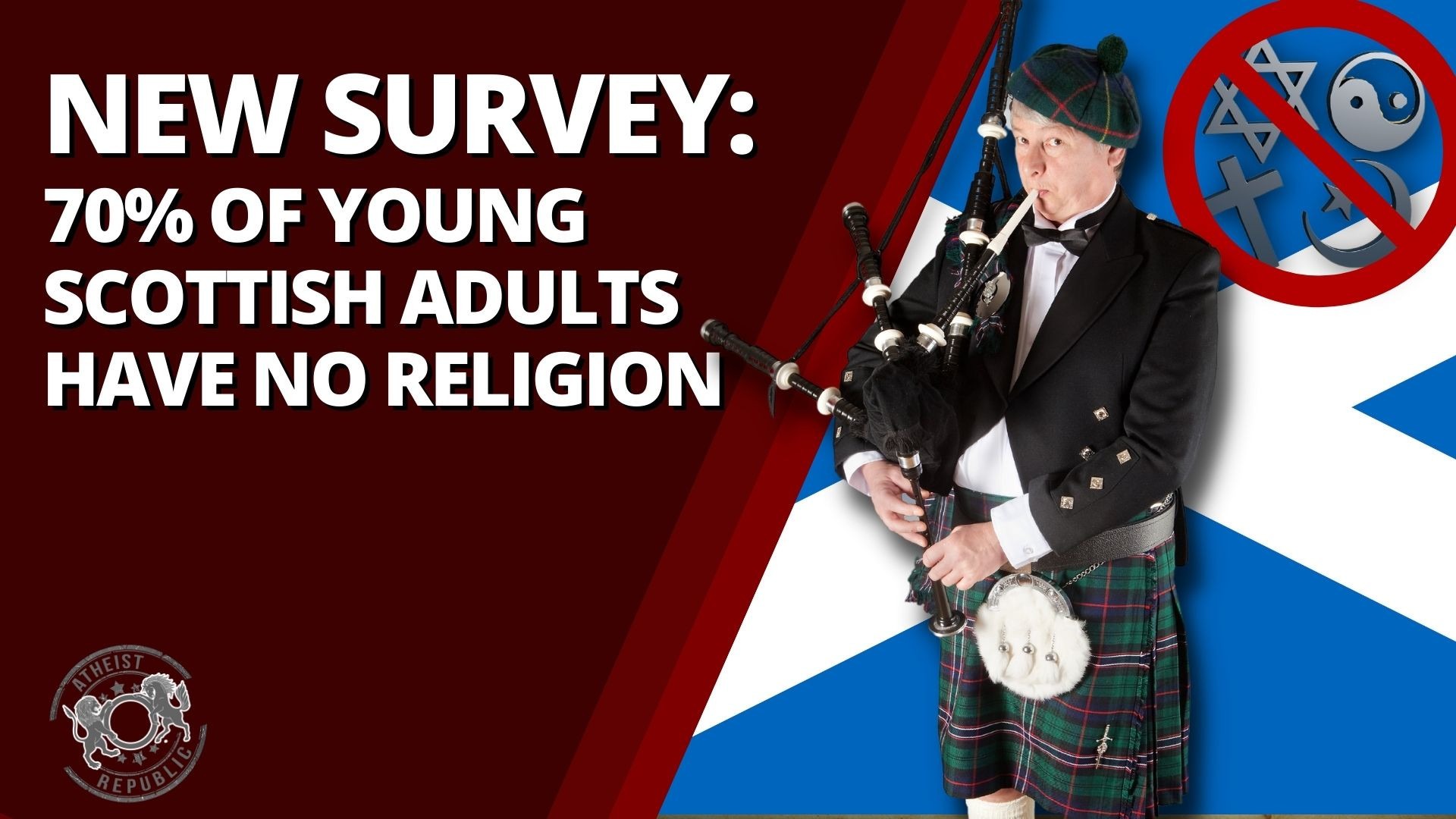
A study sponsored by the Humanist Society of Scotland revealed many Scots are departing from religion and religious identity. The study showed a stark difference compared to a similar survey in 2011. The survey conducted by YouGov, an international research data and analytics group, asked more than 1002 adults about their religious preferences.
The study administered an online survey from February 24 to 28, 2022. The survey was emailed to respondents, then directed to a link to take the survey.
When asked about what religious denomination they belong to, 56% of the respondents chose “None” in their response. In 2011, only 42% of the respondents responded “none” to a similar question.
In 2011, 53% of the adults in Scotland said they identify as Christian. The number has decreased significantly to 33% in 2022.
Of those who identified as Christians in the recent survey, only 28% said they “believe that Jesus was a real person who died and came back to life and was the son of God.”
The survey also showed that 70% of people aged 18 to 24 said they have no religion. This number was only at 50% in 2011.
The Scottish trend of departure from religion has been happening for a long time. Aside from not identifying with a religion, most Scotts are now married through “humanist marriages.”
The Humanist Society of Scotland said in 2019, there were 5,879 humanist marriages, compared to the 5,812 Christian marriages in the same year.
According to Fraser Sutherland, Chief Executive of Humanist Society Scotland, the recent findings reveal that the “biggest demographic shift we will see in 2022 will be on religious identity.”
However, Sutherland warned that the respondents should “pause and think about their beliefs” when they respond to the survey. He encouraged respondents to make sure they chose a religion they genuinely subscribe to, compared to “ticking a box in recognition of the faith they were brought up in but no longer adhere to.”
Sutherland emphasizes honesty when it comes to responding to similar surveys citing that the results can be used for creating policies. For example, the “data is used to justify compulsory Christian religious observance in Scottish schools,” he added.
